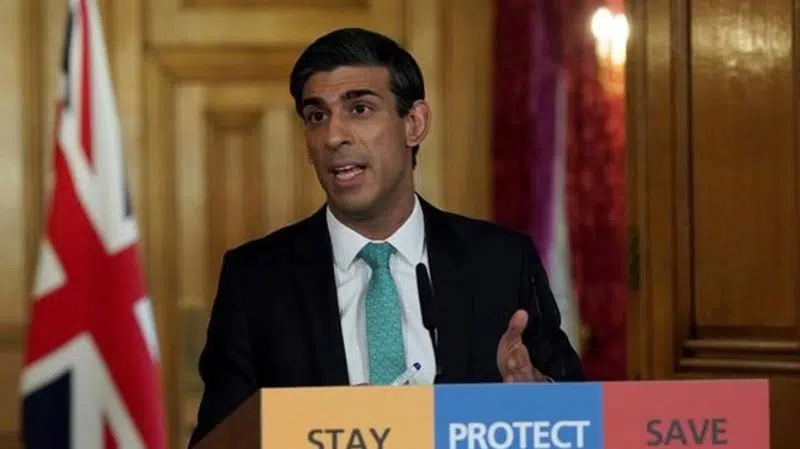
With Johnson hospitalized, who’s who in Britain’s Cabinet?
LONDON — With British Prime Minister Boris Johnson hospitalized in intensive care after contracting the coronavirus, who’s left to run the country? A look at the key players in Johnson’s Cabinet:
DOMINIC RAAB, FOREIGN SECRETARY AND FIRST SECRETARY OF STATE
As first secretary of state, Raab has been designated by Johnson to temporarily take on many of the prime ministers tasks, including leading the government’s emergency daily coronavirus “war Cabinet” meeting.
Raab, 46, was appointed foreign secretary in July 2019 and has been seen by many as a rising star in the Conservative Party.


